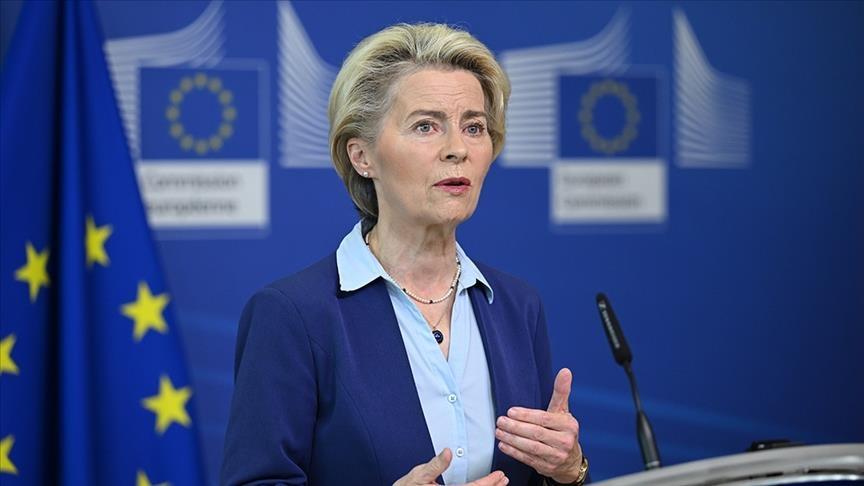Body to collate material from national agencies and improve its operational use.
The European Commission has begun setting up a new intelligence body under president Ursula von der Leyen, in an attempt to improve the use of information gathered by national spy agencies.
The unit, to be formed inside the commission’s secretariat-general, plans to hire officials from across the EU’s intelligence community and collate intelligence for joint purposes, said four people briefed on the plans.
Russia’s full-scale invasion of Ukraine and US President Donald Trump’s warnings of reducing American security support to Europe have spurred the EU to rethink its homegrown security capabilities and begin its biggest rearmament drive since the cold war.
One of the people said: “EU member state spy services know a lot. The commission knows a lot. We need a better way to put all that together and be effective and useful to partners. In intelligence, you need to give something to get something.”
The move is opposed by senior officials at the EU’s diplomatic service, which oversees the bloc’s Intelligence and Situation Centre (Intcen), who fear it will duplicate the unit’s role and threaten its future, the people added. The plan has not been formally communicated to all the EU’s 27 member states, but the body aims to bring officials on secondments from national intelligence agencies.
A commission spokesperson told the FT that it was “examining how to strengthen its security and intelligence capabilities. As part of this approach, the creation of a dedicated cell within the [secretariat-general] is being considered.”
“The concept is being developed and discussions are ongoing. No specific timeline has been set,” they said, adding that it “would build on existing expertise within the commission and . . . closely co-operate with respective services of EEAS [European External Action Service].”
Intelligence sharing has long been a delicate subject for EU member nations. Major states such as France, with extensive spying capabilities, have been wary of sharing sensitive information with partners. The emergence of pro-Russian governments in countries such as Hungary has further complicated co-operation.
EU capitals are expected to resist the commission’s moves to create new intelligence powers for Brussels, two of the people said. But they added there had long been concerns over Intcen’s effectiveness, particularly as Europe responds to Russia’s hybrid war.
“The commission is not going to start sending agents into the field,” said a second person.
Trump’s suggestions that the US could reduce its support to Europe — and his temporary suspension of intelligence support to Ukraine this spring — have highlighted the continent’s reliance on Washington for certain capabilities.
The new unit follows von der Leyen’s decision to establish a dedicated “security college” for her commissioners to be briefed on security and intelligence issues. She has also moved to fund weapons purchases for Ukraine and launch the Iris² satellite project.
EU intelligence sharing dates back to the September 11 2001 terror attacks on the US, which prompted the spy agencies of France, Germany, Italy, the Netherlands, Spain, Sweden and the UK to begin pooling classified security assessments.
That eventually became more institutionalised, expanded to include other member states, and in 2011 was brought under the EU’s diplomatic service.









